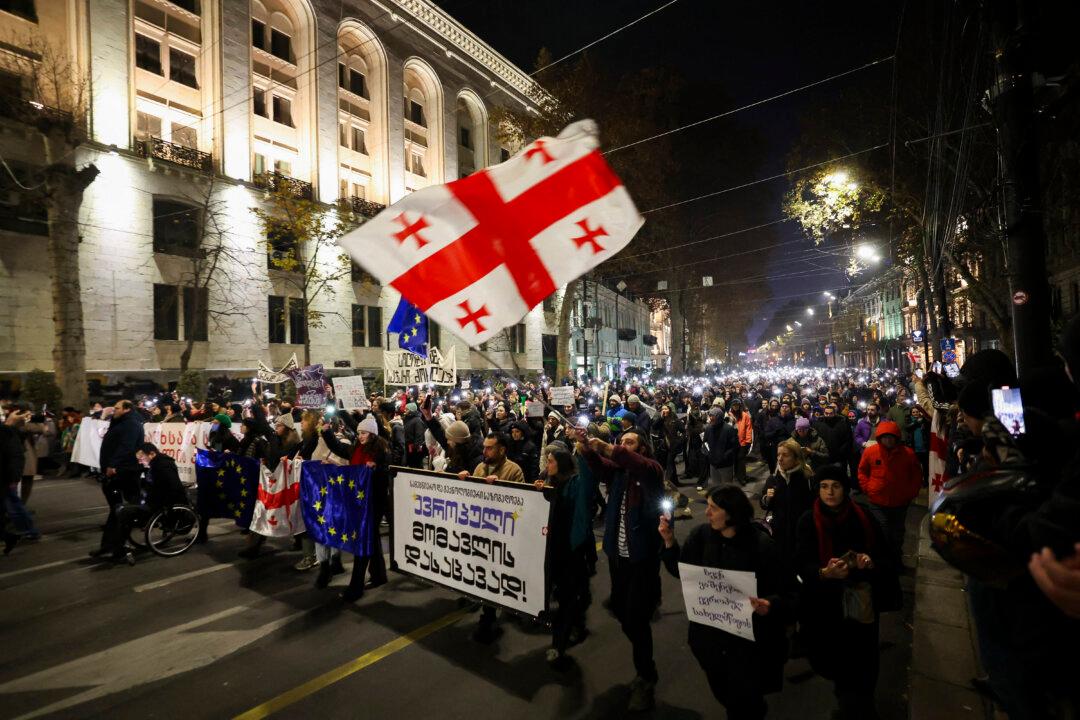Lawmakers in Georgia on Dec. 14 elected Mikheil Kavelashvili, considered a hardline critic of the West, as their new president. The move replaces a pro-Western incumbent during a time of protests over the government’s halting its talks of accession to the European Union (EU) in November.
Kavelashvili is a former professional soccer player and has espoused strongly anti-Western views, including allegations that Western intelligence agencies are positioning to push Georgia into a war with Russia. Georgia was under Russian rule for 200 years until 1991, after the fall of the Soviet Union.





